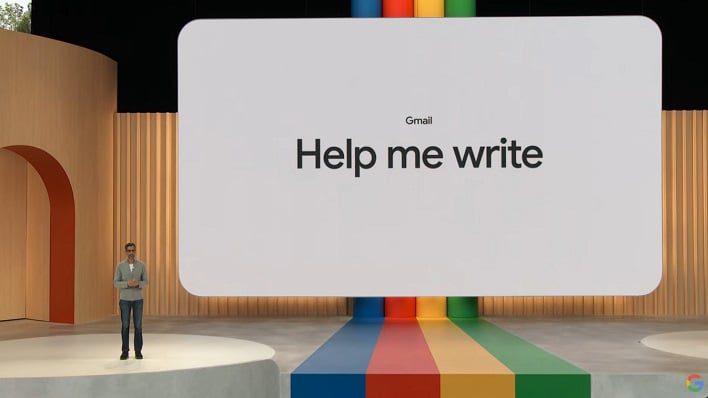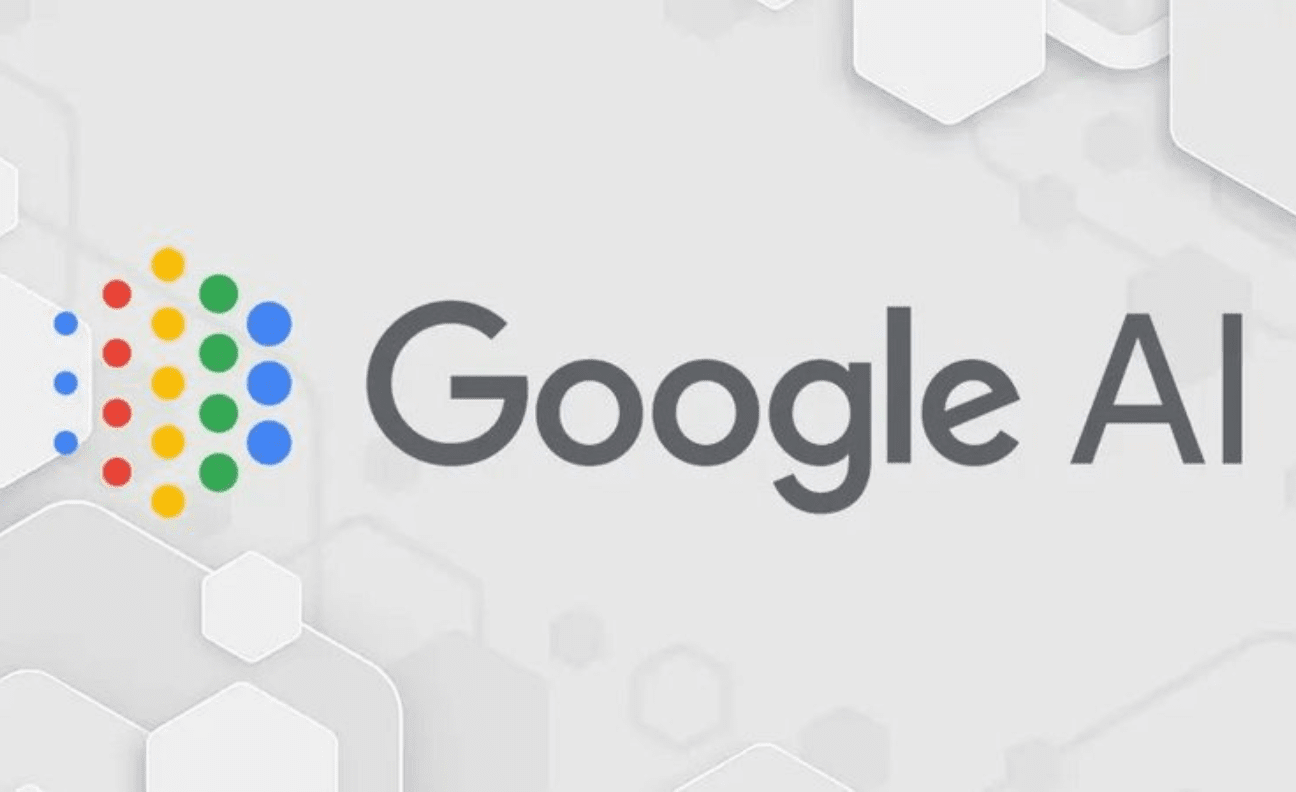In a bold move that could redefine journalism, Google is leading the charge in the development of an artificial intelligence tool capable of autonomously writing news articles.
Dubbed “Genesis,” this cutting-edge product harnesses AI technology to absorb vast amounts of information about current events and expertly craft compelling news stories.
Aimed at transforming white-collar professions, Genesis was pitched as a revolutionary “helpmate” to media giants, such as the prestigious New York Times, the influential Washington Post, and the venerable Wall Street Journal‘s owner, News Corp.
Genesis AI: An Assistant, Not a Replacement
Google has been quick to emphasise that they are still in the early stages of exploring Genesis AI. They envision the tool as an invaluable assistant to journalists, offering them options for captivating headlines and diverse writing styles.
What’s more, they have expressed that the intention is to bolster journalists’ creativity and productivity, empowering them with a tool that can provide suggestions and insights based on the vast data the AI system has ingested.
Crucially,it should be noted that Google firmly reiterates that the technology is not intended to replace journalists; rather, it seeks to augment their capabilities.
Furthermore, Google draws a parallel between the assistive tools they offer in products like Gmail and Google Docs. Just as these features enhance user productivity without replacing the user, Genesis AI is envisioned as an enabler for journalists to produce high-quality content more efficiently.
Scepticism from the New York Times Executives
Despite Google’s optimistic vision for Genesis AI, scepticism pervades the executive ranks of the New York Times. While welcoming technological advancements, they express concerns about potential ramifications for the core essence of journalism.
Executives argue that Genesis AI may inadvertently overlook the nuanced and labour-intensive efforts required to produce accurate, well-researched, and artfully written news stories.
Moreover, they expressed that the journalistic process involves much more than the ability to compile information and draft text. It requires critical thinking, fact-checking, contextualisation, and ethical considerations, all of which constitute the heart of responsible journalism.
Therefore, by automating some aspects of the writing process, there is a concern that Genesis AI may dilute the unique human touch and empathy that journalists bring to their work.
The Wider AI Revolution and Implications for Skilled Professions
Genesis AI is just one facet of a broader AI revolution that has the potential to reshape various industries. OpenAI‘s collaboration with the Associated Press, using the news agency’s vast archive of stories to train AI models like ChatGPT, demonstrates the increasing integration of AI in the media landscape.
What’s more, the advent of AI tools like Genesis has sparked discussions about the potential impact on the workforce. A report by KPMG estimated that approximately 43% of tasks performed by authors, writers, and translators could be automated by AI tools. While this may lead to efficiency gains, it also raises concerns about potential job displacements in skilled professions such as law, medicine, and finance.
Additionally, the Organisation for Economic Co-operation and Development‘s recent report on the cusp of an AI revolution highlights the need for thoughtful considerations in embracing these technologies. Striking the right balance between technological advancements and human expertise will be crucial in ensuring that AI augments journalism rather than replacing its core tenets.

Apple’s AI Aspirations and Denials from OpenAI
Not to be left behind, Apple is also making strides in the AI realm. The company is currently testing an AI-powered chatbot known as Apple GPT, which could potentially rival the capabilities of ChatGPT.
While Apple’s plans for consumer release remain ambiguous, Apple’s CEO, Tim Cook, has recently underscored the company’s focus on exploring AI technology and its potential applications.
In response to concerns about the intelligence of their AI models, OpenAI has denied claims that GPT-4, the backbone of ChatGPT’s most advanced version, is experiencing regressions. Though, on the contrary, OpenAI has openly assured users that each iteration is designed to be smarter than its predecessor.
What’s more, it was even expressed and encouraged by the company that users can even verify this progress by comparing outputs of older prompts with those generated by the latest version of ChatGPT.
AI-Powered Content Farms and the Future of Journalism
As newsrooms delve into the realm of AI integration, concerns arise about the proliferation of AI-generated content farms fueled by bots.
Interestingly, an investigation conducted by NewsGuard highlights the existence of numerous AI-driven content farms, responsible for disseminating vast quantities of automated content across the internet.
It should be noted that, in some cases, such content can be deceptive, contributing to the spread of misinformation and eroding public trust in journalism.
Conclusion
Google’s Genesis AI, Apple’s AI chatbot, and the broader AI revolution present unprecedented possibilities for journalism. The potential for increased efficiency and productivity is enticing, but the industry must carefully navigate the fine line between embracing innovation and preserving the essence of authentic, ethical storytelling.
By empowering journalists with AI tools that enhance their capabilities, rather than replacing their craft, the future of journalism can remain rooted in truth, accuracy, and journalistic integrity.
And finally, while the path ahead may be uncertain, the dynamic interplay between human ingenuity and technological advancement promises to shape a new era in journalism, one that balances the power of AI with the essence of genuine storytelling.









